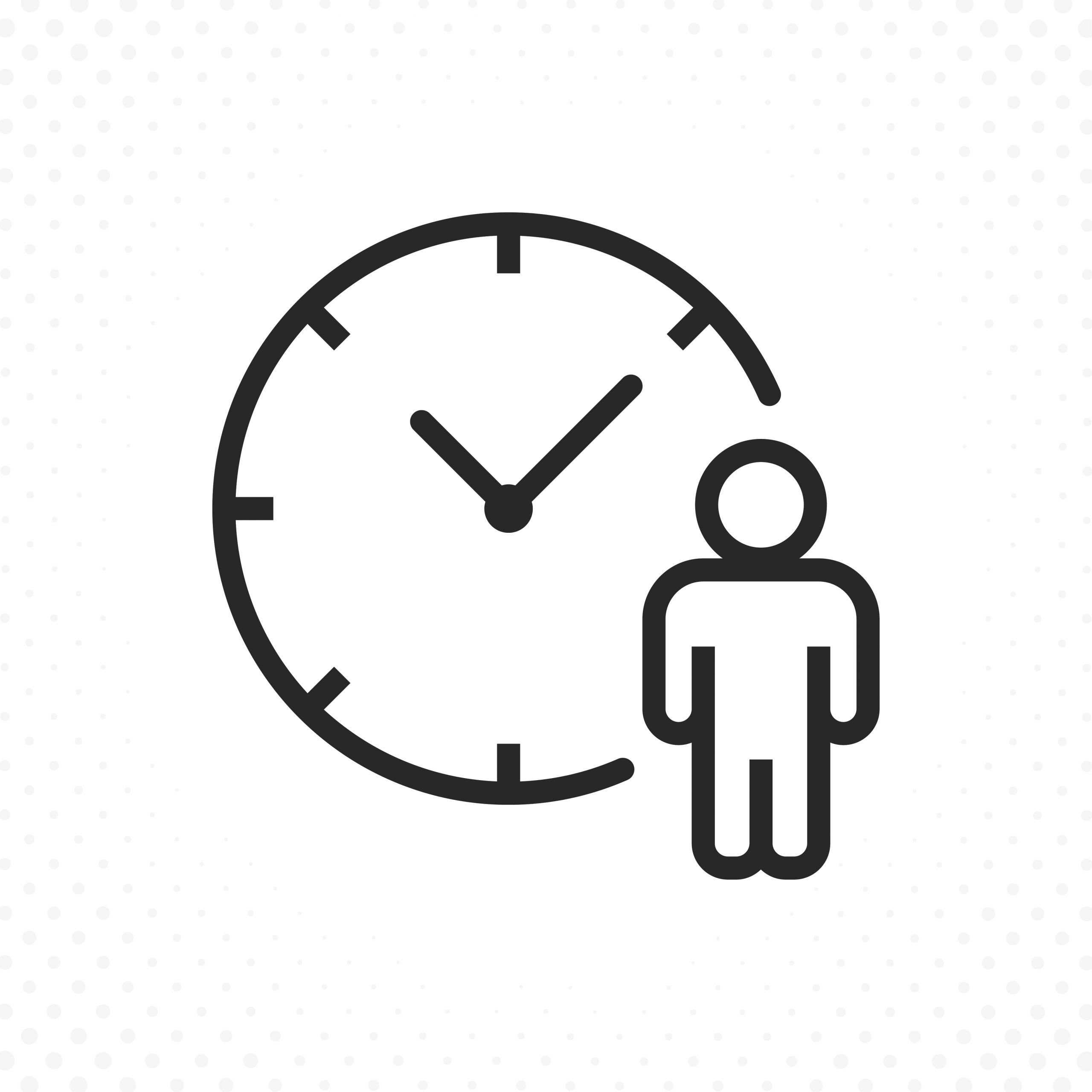No one likes waiting for anything. Especially in 2023, when everything from a random fact to a full meal can be accessed in seconds or delivered within minutes. People today seem to look for instant gratification and prioritize speed above all else, so it makes sense that call centers should prioritize it too, right? That the shorter their wait times, the more satisfied their customers will be? In some cases, this is true, but not always. Here, we’re breaking down when you should prioritize short wait times and when it’s okay to push it further down the list of importance.
There are a number of factors that go into shaping customers’ expectations regarding wait times. First is the size of your company. If a customer is calling a huge company with a global customer base, they are going to expect longer wait times than if they are calling a family business. Next are the types of customer inquiries that are coming in. If most of the calls to your call center are customers who need help troubleshooting technical issues that require some time to diagnose and then fix the problem, these calls are going to be more involved and will likely take a while. On the flip side, if most customers are calling to activate new products or update their billing information, these calls will be quick and succinct. The length of time customers spend waiting to reach an agent should be proportional to the length and depth of a call. A second aspect of the call type to consider is whether or not the inquiries yield short-term fixes to problems or long-term results that will guarantee customers the ability to use your products or services successfully for a while. If calls tend to fall into the second category, customers may be willing to wait a little longer to reach an agent if they know that they won’t need to call back in the foreseeable future.
Your agents and their abilities, along with the directives they are receiving, also play a role in determining whether to prioritize short wait times. Achieving short wait times should never be more important than achieving a resolution with every call. If agents are flying through calls just to keep wait times short and not dedicating enough time to each customer, this will likely lead to more repeat callers and unsatisfied customers.
So, when should you aim for short wait times? Short wait times are achievable and preferable when:
- Agents know not to prioritize them over first call resolution
- Your company is small
- Your call center is primarily fielding simple inquiries
- Your call center is dealing mostly with one-time fixes, such as processing returns or updating contracts
On the flip side, your customers may tolerate slightly longer wait times when:
- Agents are gracious, empathetic, knowledgeable and empowered to solve all problems
- Your company and customer base are big
- Your call center is primarily fielding complex inquiries that take some time to troubleshoot and resolve
- Your call center is dealing mostly with fixes and questions that, when solved successfully, will keep customers from having to get in touch with you again for the foreseeable future
Regardless of the wait times you are aiming for, an easy-to-use call center platform like CallShaper will help your agents successfully handle any and all callers. To learn more, contact us today.


Leave A Comment